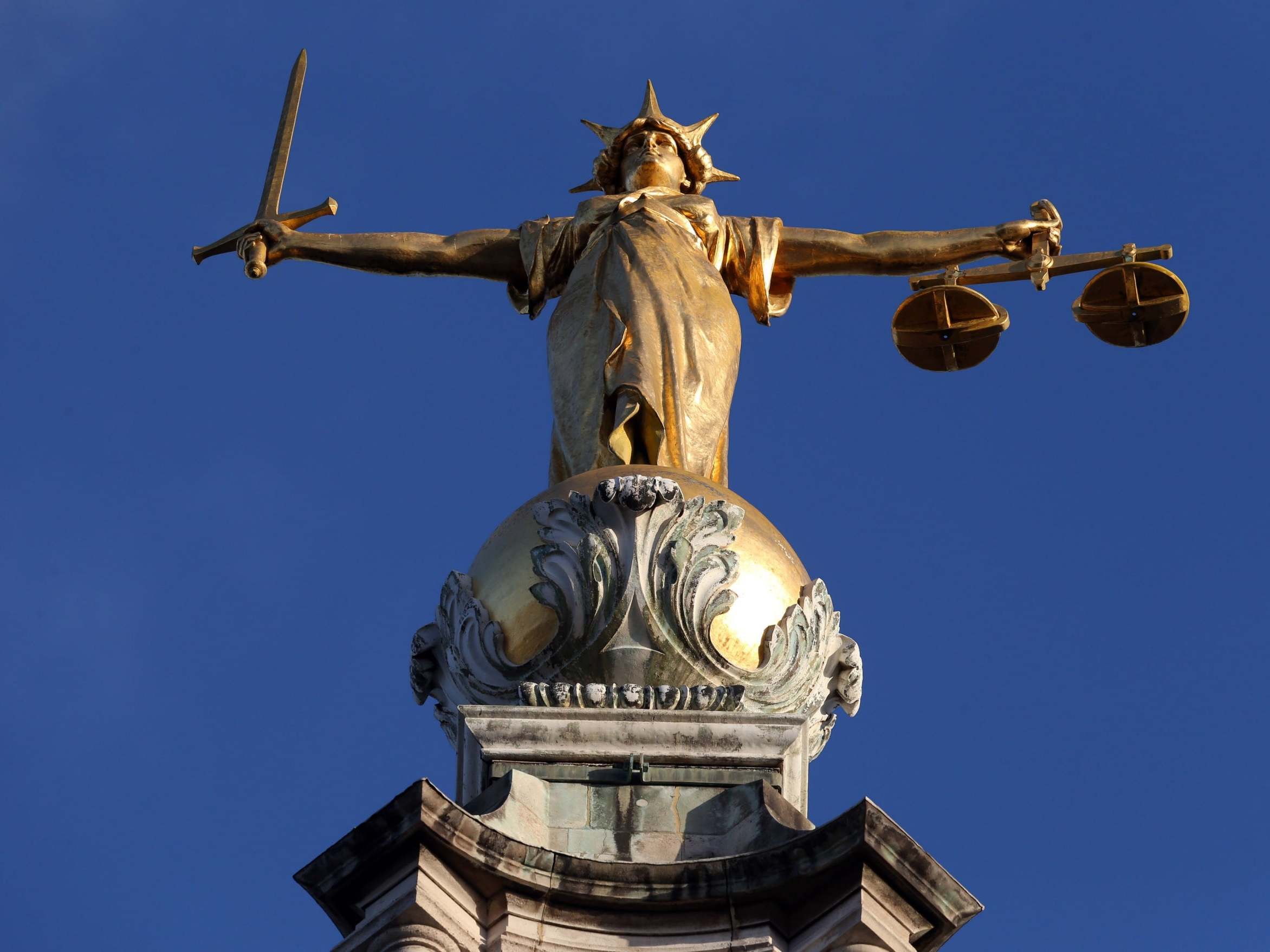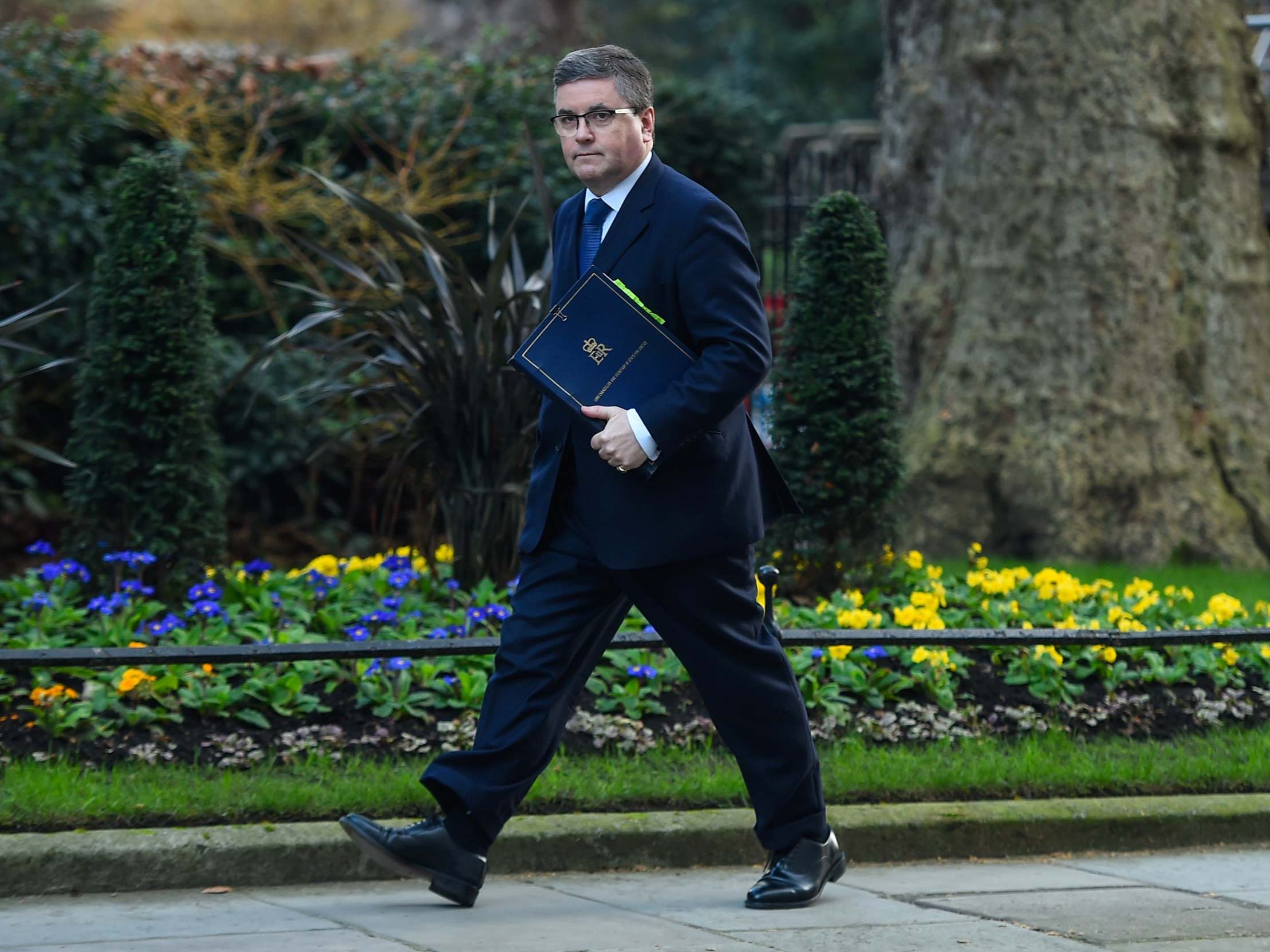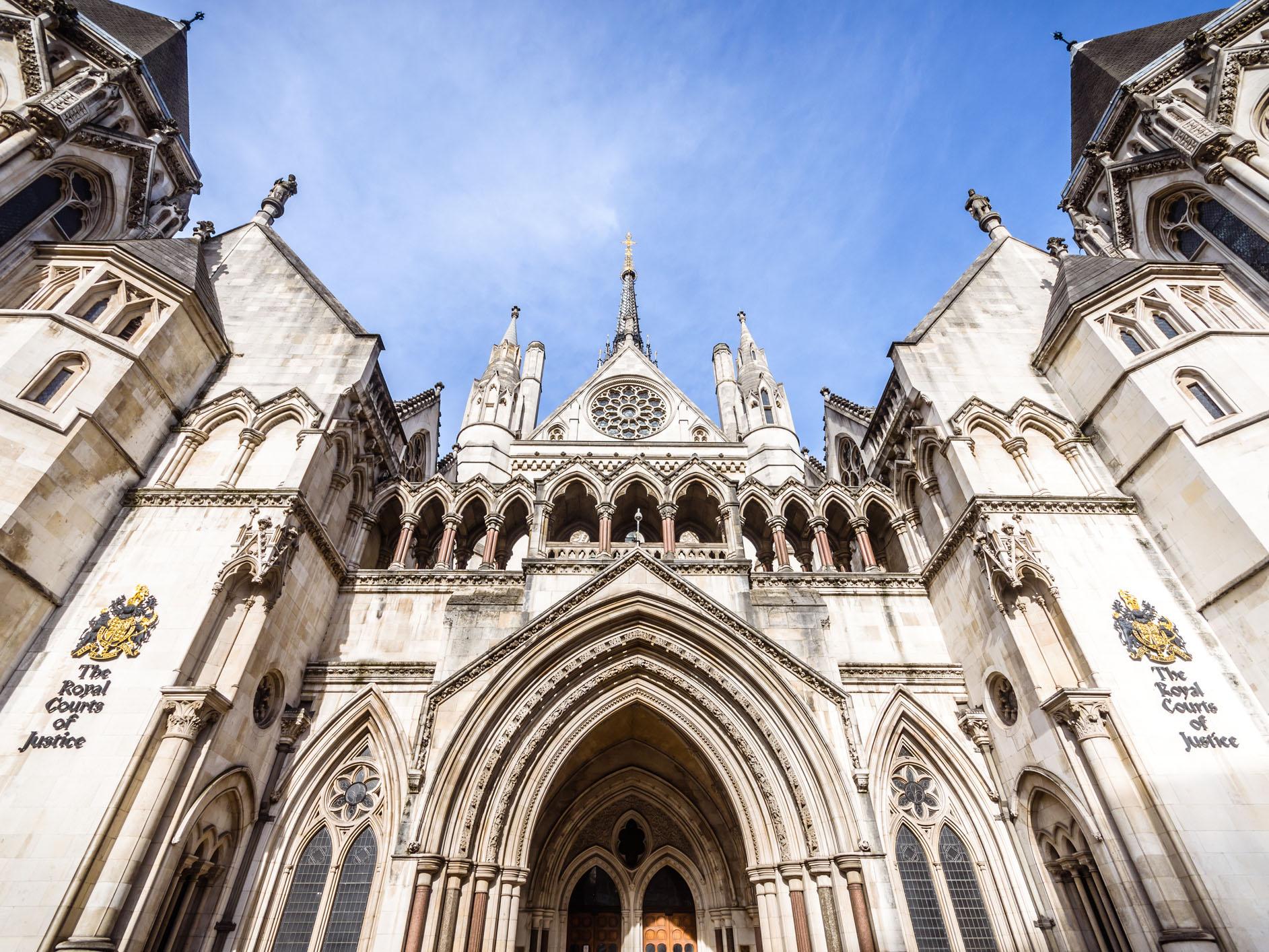‘Overwhelming majority’ of rapists going free because of collapse in prosecutions, campaigners warn
Only 1.5% of rapes recorded by police in England and Wales were prosecuted in 2019

The “overwhelming majority” of rapists are walking free because of a collapse in prosecutions in England and Wales, campaigners have warned.
Only 1.5 per cent of almost 55,300 rapes recorded by police in 2019 saw a suspect charged, down from 7 per cent four years before.
An alliance of women’s groups attempted to launch a legal challenge accusing the Crown Prosecution Service (CPS) of changing its practices, but were refused permission by the High Court in March.
On Tuesday, they published testimonies from complainants, statistical analysis, a CPS whistleblower’s allegations and other evidence from the case.
Katie Russell, the national spokesperson for Rape Crisis England and Wales said the “wealth of evidence” must be considered as part of an ongoing government review.
“The criminal justice system is failing on all forms of sexual violence and abuse and has been for some time,” she added.
“The significant majority of those who are subjected to these traumatic crimes don’t currently have the confidence to report to the police, and a small minority of those who do go on to see the perpetrator even charged, let alone convicted.
“This means the overwhelming majority of people committing these serious offences are walking free.”
A series of 20 testimonies by women and girls’ whose complaints did not result in a prosecution include a lesbian who was allegedly raped by a stranger, and women who said they were threatened with knives and guns.
A woman who alleged that a man had raped her at gunpoint was told in a CPS letter that the weapon “was not a serious threat” during the alleged attack, and that the man may have thought she consented.
In a separate case, a gay woman who said she was raped by a man was accused of “engaging with the defendant” before the attack. Charges against a suspect, who was caught on CCTV, were dropped.
The Independent previously interviewed a woman whose alleged rapist was not charged after he appeared to confess to attacking her in a Facebook message.
Rape Crisis is among the signatories of a letter to the justice secretary, Robert Buckland, amid an “end-to-end-review” of how rape cases are handled in the criminal justice system.

The High Court’s refusal of permission for judicial review over plummeting prosecutions is currently being appealed.
The End Violence Against Women Coalition (EVAW) accused the CPS of dropping a “merits-based approach” credited with increasing the number of rape prosecutions, but officials said they had not.
They have raised more than £80,000 in a crowdfunding appeal backing the action.
Harriet Wistrich, director of the Centre for Women’s Justice, said that despite the CPS’ denials she had “no doubt” that there had been a change of approach.
“We continue to be inundated with inquiries from rape victims who have been told by the CPS that their cases will not be prosecuted, despite compelling evidence and the risk that dangerous men will feel free to offend again,” she added.
Figures released in April showed that the total proportion of prosecutions across all crime types – 7 per cent – stands at a record low.
A report released by the CPS in September showed there were just 1,925 convictions for rape or an alternative lesser offence during 2018-19, down from 2,635 in the previous 12 months – a drop of 27 per cent.
At that time, the CPS said the drop in rape charges was due to “a number of factors”, including a reduction in the number of referrals from the police, and an increase in the volume of time-consuming digital data.
Following numerous reports from rape complainants saying that police were demanding access to their mobile phones, new forms were released last year to formalise the requests.
“If you refuse permission for the police to investigate, or for the prosecution to disclose material which would enable the defendant to have a fair trial then it may not be possible for the investigation or prosecution to continue,” they said.

Last week, the Information Commissioner found police were taking “excessive amounts of personal data” from victims’ phones.
Elizabeth Denham found that call logs, photographs, location data and internet browsing history was being extracted, stored and shared “without legal basis” in some cases.
“My concern is that an approach that does not seek this engagement risks dissuading citizens from reporting crime, and victims may be deterred from assisting police,” she said.
In December, HM Crown Prosecution Service Inspectorate (HMCPSI) commended CPS decision-making.
It suggested that austerity-hit police forces were at fault for “losing rape allegations in the investigative process”, and found no evidence of allegations that the CPS had changed that way it chooses cases to take forward.
Senior police officers have accused prosecutors of “raising the bar” of evidence required to take rapists to court, following a 2017 scandal over collapsed cases that sparked an overhaul of evidence disclosure.
But HMCPSI said prosecutors were correctly applying the code used for all crimes, which states that only those with a “realistic prospect of conviction” can proceed.
Sue Hemming, legal director of the CPS, said it would soon be announcing “further plans to help secure justice for everybody affected by sexual violence”.
“We share the concerns about the gap between reported rapes and those cases which come to court,” she added.
“However, the judgment of the High Court was clear, there has been no change of approach in how CPS prosecutes rape. They found that there was no arguable basis for EVAW’s claims.”
